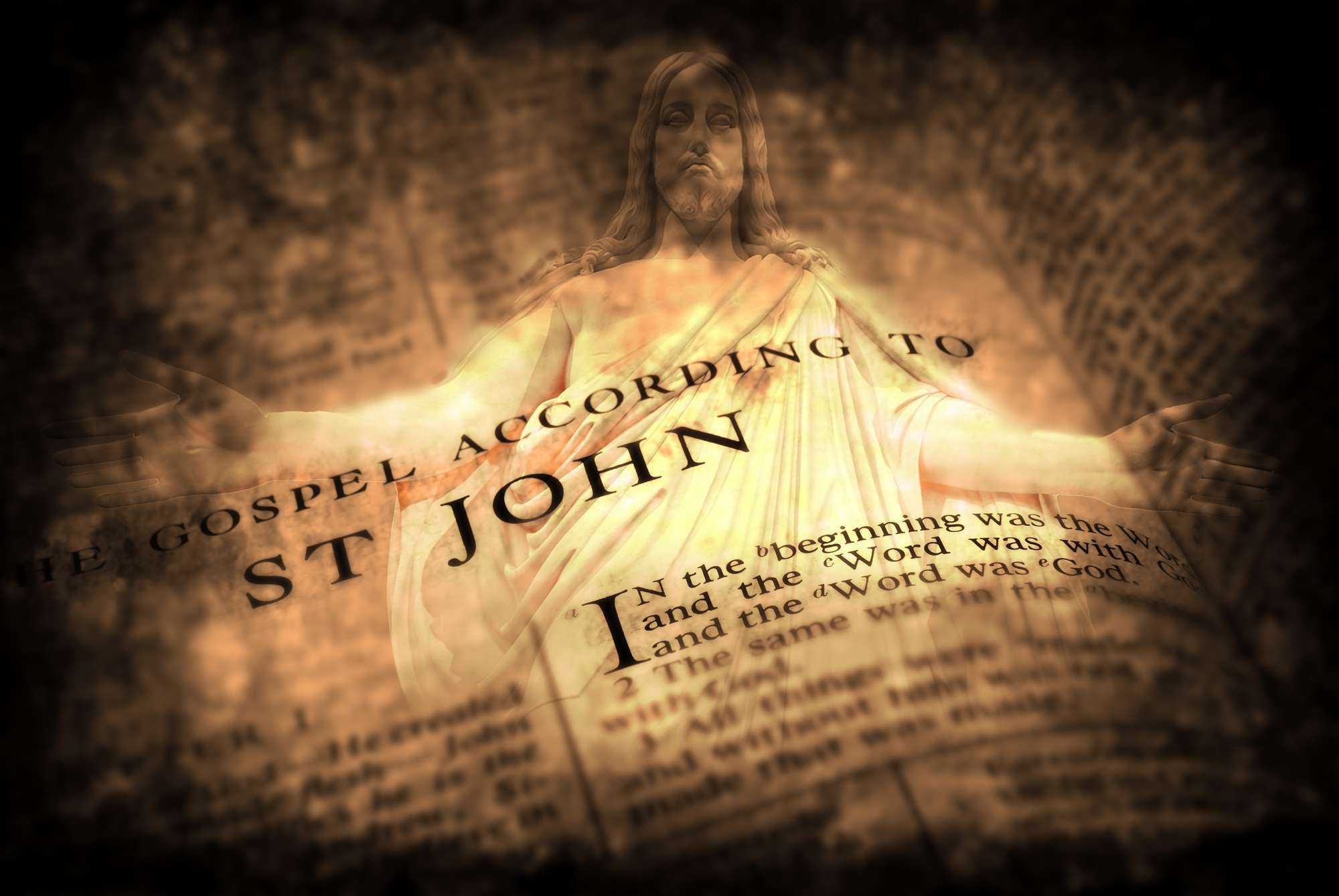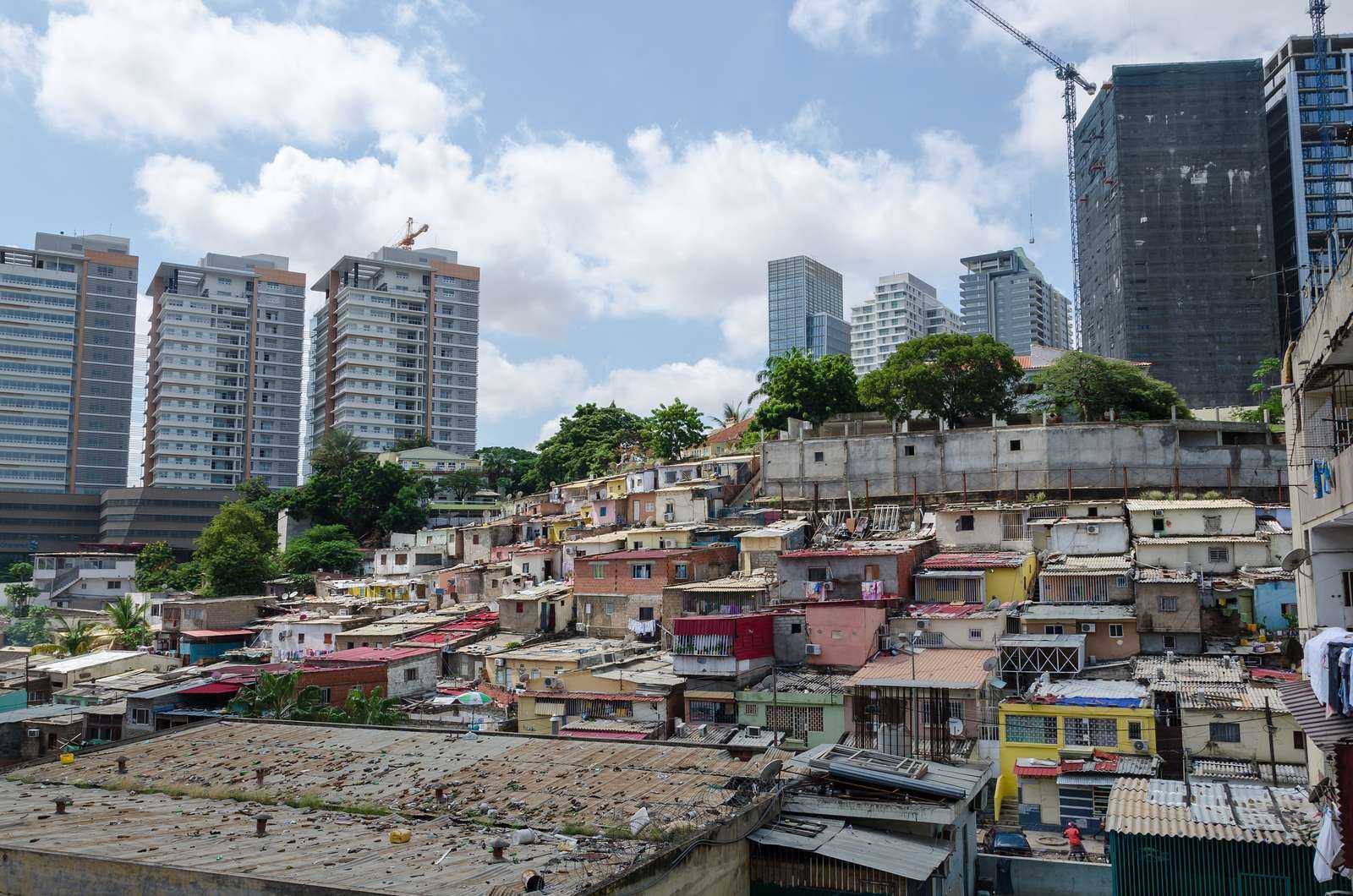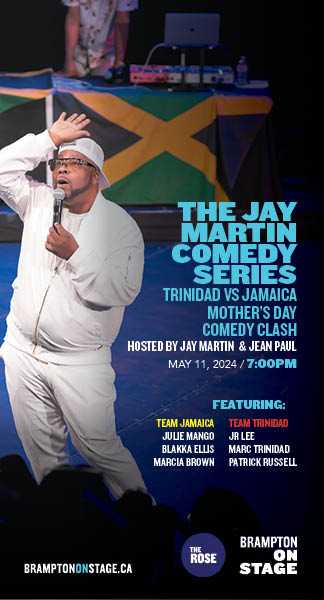BY ERROL A. GIBBS
What is poverty? This article provides twenty-five strategies to reduce poverty, delineated by discrete words and word phrases in alphabetic order. The aggregate represents a potential strategy linked intrinsically to eliminate, mitigate, and manage poverty.
CHILDREN: Recognize that families are building blocks of societies with children at the nucleus. Positioned between the adult human family and the future world are children. The richness of their experiences is the future not poverty.
CONSTITUTION: Amend the Constitution of every nation to legislate the home as the starting point to implement strategic plans to reduce poverty, using every means to the disposal of humankind.
CONTINUATION OF GOVERNMENT (COG): Establish, legislation in a referendum by the citizenry to prohibit a newly elected government from abandoning Capital Cost Initiatives (CCI) legislated by the former government.
EDUCATION: Transform the education system from purely Academic Information Literacy (AIL) to a Wholesome Education Curriculum (WEC), underpinned by spiritual, moral, social, intellectual, and physical development, five essential pillars of self-actualization and successful living.
EMPLOYMENT: Establish indices to measure trends in the new Cyclic Employment Phenomena (CEP) that have a negative influence on the long-term career trajectory of college and university graduates.
EMPLOYMENT EQUITY: Infuse the principles of “moral equity” into corporate policies to support the administration of Federal Employment Equity (FEE) laws.
EMPLOYMENT EQUITY GAP (EEG) Establish indices to evaluate and narrow the “gap” between majority hiring versus the hiring of women, visible minorities, people with disabilities, and Indigenous peoples. Establish a “living wage” and incentivize universal childcare programs and early childhood education.
FAMILY: Recognize the family as the home of altruism, the first society, the primary agency to address some types of poverty. Invest in higher education. Seek guidance to create generational wealth through long-term financial instruments and real estate holdings.
FINANCIAL REGULATORY AGENCIES: Heighten surveillance processes, including licensing, reporting, and auditing of financial agencies to eliminate, mitigate, and adjudicate when fraudsters target and exploit vulnerable citizens.
GOVERNMENT: Provide incentives for all corporations to engage in apprenticeship programs, college and university scholarships, and internships, and make available equitable opportunities for youth employment.
GROSS SOCIAL PROGRESS (GSP): Institute a GSP Index to underpin GDP (Gross Domestic Product) and GNP (Gross National Product) as an essential measure of the well-being of the citizenry.
HAPPINESS: Institute a Ministry of Happiness (MOH1), and appoint a Minister of Happiness (MOH2) for all countries to enable the happiness, well-being, and growth of peoples and nations.
HUMAN RIGHTS: Recognize that people are born “equal” only in a religious (spiritual) context, and in human rights. Reference: Declaration on Race and Racial Prejudice (General Conference of UNESCO at its 12th session, Paris, 27 November 1978). People are otherwise born “unequal” (deserving equity) in traits, and social and economic standing of their parents.
INTEGRITY: Institute an “Integrity 500” Index for corporations, underpinned by critical indicators such as leadership integrity, employment equity, employee satisfaction, customer care, and fair adjudication of complaints.
LOYALTY: Practice loyalty as pertinent to the “mutual survival” of friendships, marriages, partnerships, families, communities, and corporations to facilitate reconciliation.
NONHOMOGENEOUS: Develop a “moral philosophy,” and strategies to manage challenges such as “race,” religion, colour, and culture that leaders face in nonhomogeneous countries with outdated Constitutions.
PARENTS: Take responsibility for the well-being of children. Strive to maintain fidelity and loyalty in all circumstances. Lead the household by spirit, integrity, and authenticity.
RACE: Acknowledge and accept that “race” regrettably, plays a significant negative role in every aspect of human life. Acknowledge that the “oneness” of humanity is irrefutable (Reference: Item 13.).
RELIGION: Present a balanced message of faith, belief, and practice, with an equally important message of study, creativity, and innovation, and use the vast wealth to fight poverty.
REPARATION: Establish reparation as a foremost “moral obligation” of nations in the form of tactical infrastructure such as educational, legal, scientific, technological, financial, political, social, and medical.
SCHOOLS: Prepare students for the real world. Establish a curriculum for teaching financial literacy from kindergarten to high school, and as a required credit for graduation.
SPIRITUALITY: Practice spirituality. Choose light instead of darkness; love instead of hate; tolerance instead of intolerance; faith instead of fear; humanity instead of inhumanity; hope instead of despair, and peace instead of war.
TEACHERS: Inspire students to achieve their highest potential. Observe the impacts of self-esteem and learning, positive and negative, a factor that influences high school dropout rates and prison incarceration.
WORLD: Convene a Global Conflict Summit 2020, to evaluate the deficit financing of wars, as a drain on the public purse, as climate change emerges as a significant threat to vulnerable humankind economically.
YOUTHS: Set high expectations for yourself. Strive to discover that which you are most capable of, and achieve it to the optimum, the genius within you shall rise to heights unconceived.
The citizenry now must use persuasive “moral power” to inspire leaders to institute these twenty-five poverty strategies to reduce poverty with urgency.
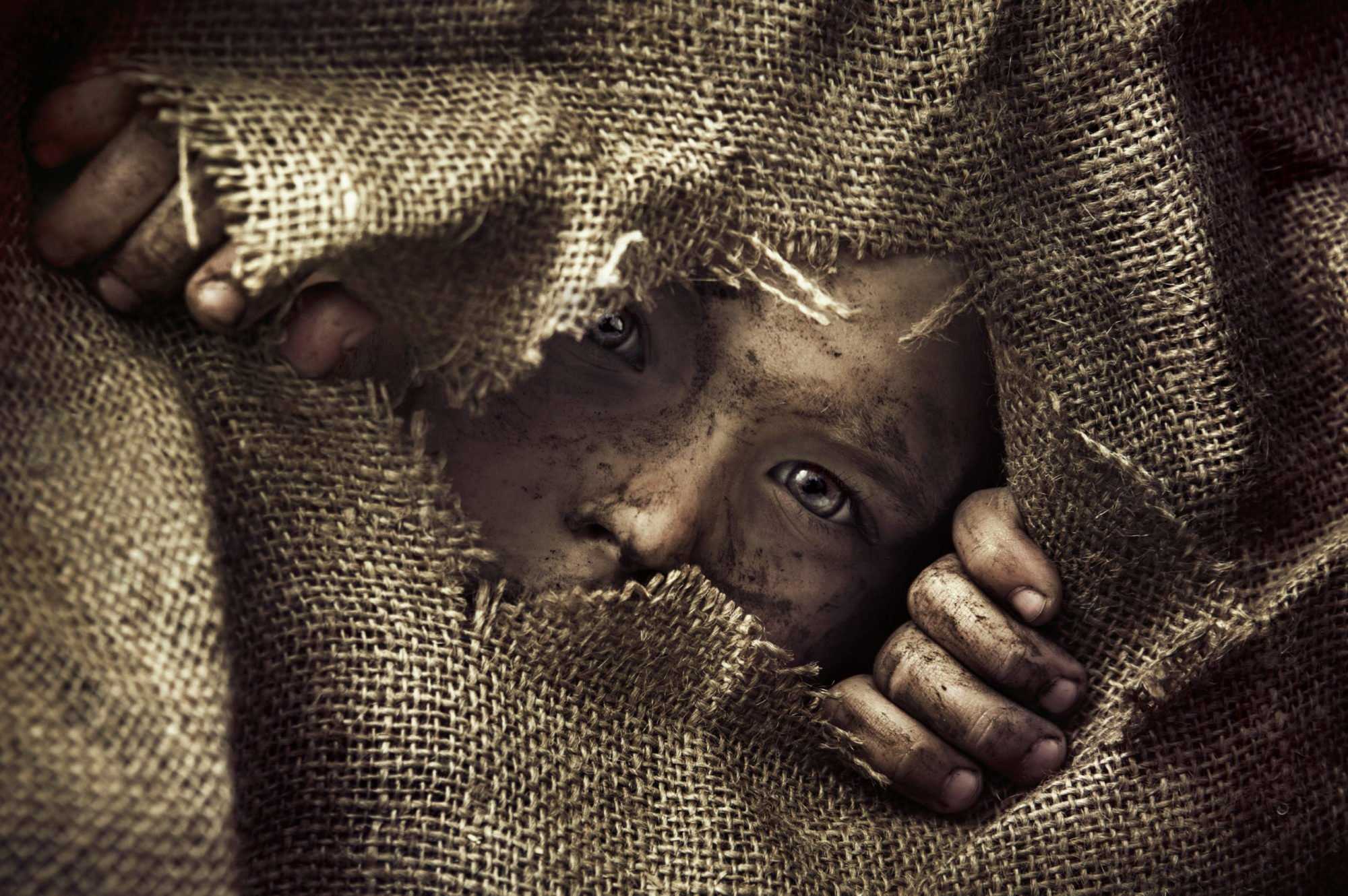

 Junior Contributors1 week ago
Junior Contributors1 week ago
 Community News1 week ago
Community News1 week ago
 Community News6 days ago
Community News6 days ago
 The Poetic Word1 week ago
The Poetic Word1 week ago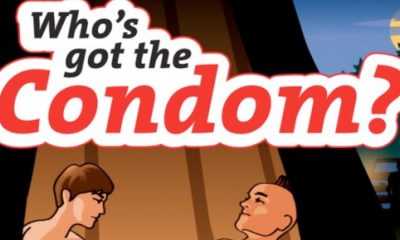
 Community News6 days ago
Community News6 days ago
 Junior Contributors1 week ago
Junior Contributors1 week ago
 Sports1 week ago
Sports1 week ago
 Community News6 days ago
Community News6 days ago


